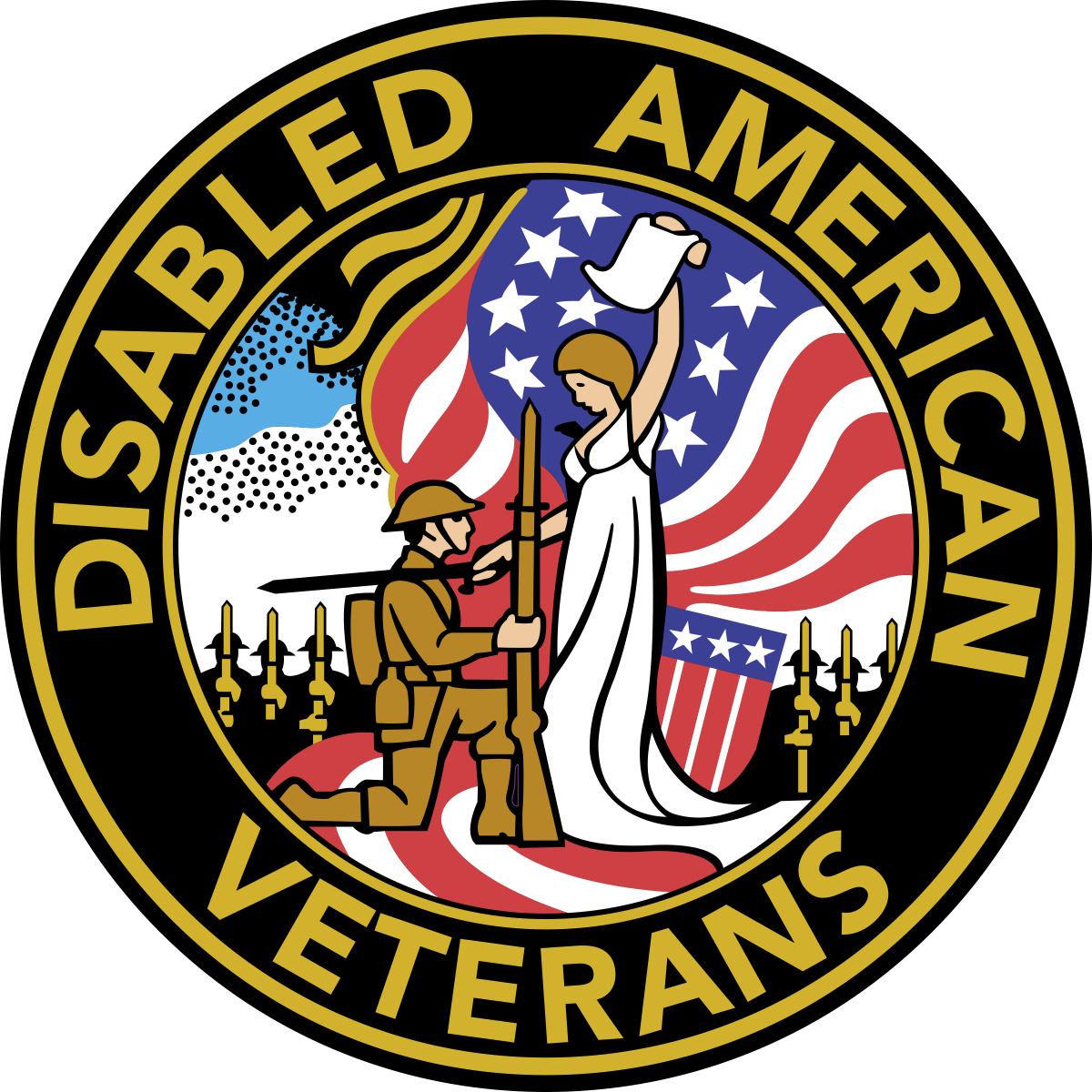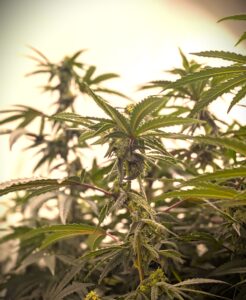Vertern Healthcare and Access to Cannabis

Veteran Healthcare Improves
Strides Made in Access to Cannabis
U.S. House Rep. Brian Mast, R-Fla. and Rep. Dave Joyce, R-Ohio, who co-chair the Congressional Cannabis Caucus, were successful in the campaign to improve veteran healthcare on June 25, 2025. They successfully attached an amendment via a voice vote. It was added to the Military Construction, Veterans Affairs, and Related Agencies (MilCon-VA) Appropriations Act for fiscal year 2026.
The amendment would authorize the Department of Veterans Affairs (VA) to provide recommendations to veterans to participate in state-licensed medical cannabis programs.
The GOP-controlled House passed the underlying appropriations legislation in a 218-206 vote. Two Democrats joined the majority. The bill would provide more than $152 billion in overall discretionary spending. Additionally, it allocates $300 billion for mandatory programs. Moreover, it fully funds veterans’ medical care at $131.4 billion. This information is according to the House Appropriations Committee.
While the bill wouldn’t fund medical cannabis care, Mast’s amendment would authorize the VA to provide recommendations to veterans to participate in state-licensed medical cannabis programs.

While 40 states have legalized medical cannabis, federal law forbids the Veterans Health Administration (VHA) from completing forms or registering veterans for participation in state-sanctioned cannabis programs. Most of these programs require a doctor’s recommendation. They include post-traumatic stress disorder as a qualifying condition.
The VHA is the largest integrated health care system in the U.S. It provides services to more than 9 million veterans. These services are available at roughly 1,400 facilities nationwide.
Under the status quo, veterans often have to choose between their VA doctor and access to medical cannabis.
While Mast introduced the Veterans Equal Access Act on Feb. 14, that standalone legislation has yet to receive a subcommittee hearing. By attaching the essentials of the two-page legislation as an amendment to the MilCon-VA bill, Mast has bypassed the committee process. This has allowed the fast-tracking of the underlying intent.
Specifically, the amendment states that none of the funds appropriated or otherwise made available to the VA may be used to enforce Veterans Health Directive 1315 as it relates to:
- The policy stating that “VHA providers are prohibited from completing forms or registering veterans for participation in a state-approved marijuana program”;
- The directive for the “Deputy Under Secretary for Health for Operations and Management” to ensure that “medical facility directors are aware that it is VHA policy for providers to assess veteran use of marijuana but providers are prohibited from recommending, making referrals to or completing paperwork for veteran participation in state marijuana programs”; and
- The directive for the “VA Medical Facility Director” to ensure that “VA facility staff are aware of the following” … “[t]he prohibition recommending, making referrals to or completing forms and registering veterans for participation in state-approved marijuana programs.”
Should Mast’s amendment remain in the final enactment of the MilCon-VA Appropriations Act, it could have broader implications for federal reform. This includes both cannabis legalization and veteran healthcare.
Federally funded VA doctors providing recommendations or prescriptions for medical cannabis would add to cannabis rescheduling advocates’ argument. They assert that the plant has “currently accepted medical use” in the U.S. Consequently, it cannot be classified as a Schedule I drug under the Controlled Substances Act.
But that wasn’t on Mast’s mind during this Wednesday’s floor session.
“The fact of the matter is, while I have heard of many of my brothers and sisters in arms being in a state of suicide because of the narcotics they’ve been on, I’ve yet to hear about any of them attributing a state of suicide to the cannabis that they have had as a part of their life,” he said.